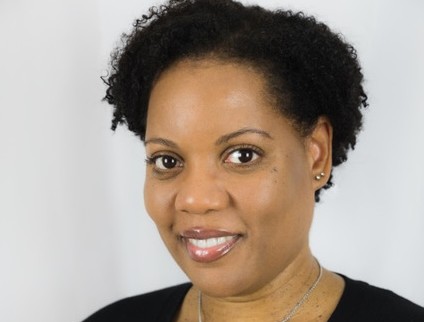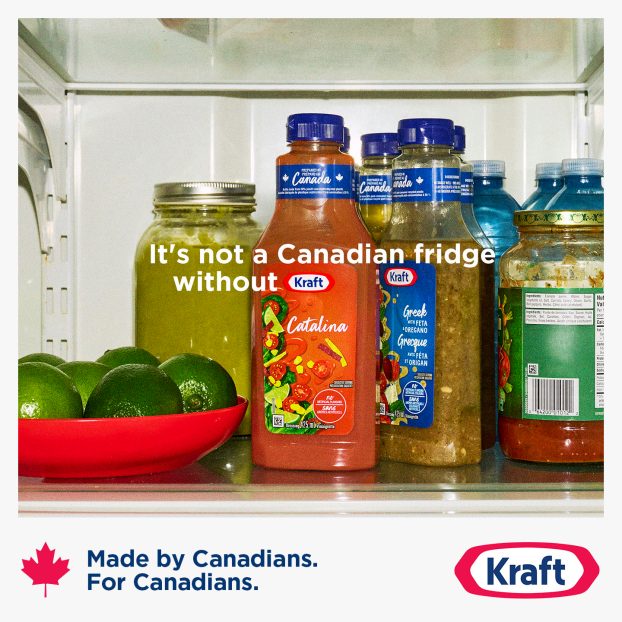By Ian Mirlin
What would the iconic artists and thinkers who triggered creative movements in the ’60s have to say about culture and the nature of creativity today? Ian Mirlin channels Kerouac, Warhol and Lennon . . .
Andy Warhol: So where are we?
Jack Kerouac: These saintly blue sky reminds me of Ashtabula in early June.
Warhol: I mean we’re either in trouble or at the threshold of a golden age. Vast new reservoirs of creativity fill cyberspace. Given a chance, these voices could change the world.
John Lennon: Some of it is born of noble intention, some of it is shit. There’s so much, it’s impossible to keep up with who said what, who believes whatever, who danced with who and who played the piano.
Kerouac: Don’t want to judge it. Just have to keep sharing our scribbled secret notebooks telling the story of the world without inhibition.
Lennon: Every moment of the day, the animals in the global village zoo cry “feed me.” TV screens and websites, social media forums, mobile phones, digital newsstands and their Twittering offspring. Little wonder words and pictures are called “content” now. Politics and ideology, novels tweeted 140 characters at a time, music and poetry and art and religion, a dying plea from a prisoner in a cell somewhere is ‘content.’ Writers and artists in labour camps producing “content” by the pound.
Warhol: But man, they’re the new celebrities. Words and images are core currencies in a media heavy universe and status comes from sharing your stash. It’s not the traditional 15 minutes of fame any longer. It’s the number of tweets you get for the picture of that cute dress you wore to the prom.
Lennon: I didn’t wear a dress.
Kerouac: It’s freedom John. Everyone has a pen. Everyone has an audience. And everyone can tell the human story.
Lennon: I’m all for that. Truly. But these new forums of expression became big business too quickly. These are important new platforms and listening posts for the world but they lost the independence that keeps the creative environment uncompromised. You sign up, get a password and become a statistic on a media report. You need independence from the system to tell the story if it’s truth you’re chasing.
Kerouac: Drop the rose in the mighty river and allow it to float through towns and cities. Let people come out to see it. Everyone on their riverbank, town after town, seeing the rose float by on its way to the sea. Nobody can reach it, nobody can touch it, but all can see its truth.
Warhol: I get that, but we can speak all we like about commerce or we can think about it in the same way we think about gas for this car. It’s fuel, and we need it to get someplace these days. First we need to ask ourselves: “Where do we want to go?” When we’ve answered that, then we can invite the right business in. This is where writers and artists have to be futuristocrats and spin the visions of where this world might be with financial help. Smart businesses listens. Making money is art and working is art, and good business is the best art.
Kerouac: But still I want to work in revelations, not just spin silly tales for money. I want to fish as deep down as possible into my own subconscious in the belief that once that far down, everyone will understand because they are the same that far down.
Lennon: It’s beautiful Jack. I read that in one of your letters.
Warhol: Come back to practicalities. What’s compelling about this world is that more than ever, it’s connected by culture and culture is drip-fed by money. Commercial as it might be, this is where we have to pitch our tents if we truly want to change the world. Art is what you can get away with.
Lennon: Practical yes, but culture run by business homogenizes taste. It nurtures “mass appeal.” That’s the only way it can make a return on its investment.
Kerouac: It’s dangerous.
Lennon: Well yeah, because it forces everything into the vanilla main stream and turns its back on that which is different, daring or artistically outside of the lines. Think about it, if Elvis came along today, would he get a recording contract? Would the blues make it out of the Delta ?
What would have happened to American music without the roots of Muddy or Robert Johnson?
Without any of these people there wouldn’t even be rock ‘n roll.
Warhol: There are too many unexplored avenues and deeper, more meaningful connections beckoning for us. Don’t be so hasty to bury any of them. Here’s a question for each of you.
Lennon: Listening.
Warhol: Jack, if you were to write On the Road today, how would you do it differently? Is there a more potent way to deliver your story now?
Kerouac pauses and thrums on the steering wheel with his right thumb, repeatedly glancing down at the speedometer, then at the road ahead. A minute passes, only the rush of the road is heard. No one speaks. Eventually he breaks the silence.
Kerouac: I believe I would make the story available in installments online over a period of 17 days as it came to me. It’s a journey after all and for the reader to feel its rawness and immediacy on a daily basis would make it feel real. Like a free flowing dispatch from the front lines without fear of grammatical or syntactical correctness.
Warhol: And how about you John? What would you do differently?
Eyes closed, head resting against the softly- vibrating window of the Hudson, Lennon answers slowly, deliberately.
Lennon: What’s cool is that all this new media has given everyone a voice. People who have lived at the outskirts of “acceptance” can feel they belong. No such thing as being “nowhere” any more.
Eyes still closed, he sings:
“He’s a real somewhere man, sitting in his somewhere land,
Making all his somewhere plans for somebody.”
I guess today I would write it that way.
Warhol: Very elegant John.
Lennon: Are we there yet?
Warhol: We’re west of where we were but still east of where we’re going.
Kerouac: We only see the horizon. Truth is, there is no horizon. Everything goes on and on.
Too many things are measured, measured in years, in anniversaries, the unused pages of diaries, the expiration of warranties and library cards. Forget the horizon.
We’re all explorers and exploration isn’t tethered to finish lines. We should put aside the calibrations of commerce – S&P’s and quarterly ernings, annual reports and such.
The simple narrative of the human experience binds everything. When we get to this view of things, we will place our focus on the depth of what is added to the human experience through our work.
They pass a billboard at the side of the road. Kerouac points at it and adds with a grin.
Even if it’s only advertising.
A gentle round of laughter fills the car.
That’s it. Well, except for one other thing.
Lennon: And what’s that Jack?
Kerouac: The prettiest girls in the world still live in Des Moines.
Ian Mirlin is a writer, thinker and founder of Zero Gravity Thinking.
























